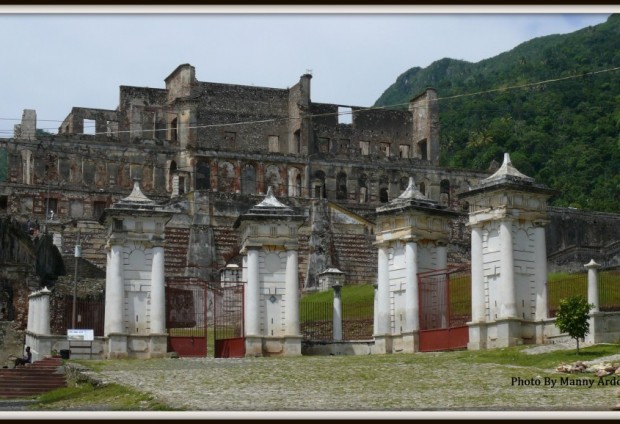Caribbean Nations to Seek Reparations, Putting Price on Damage of Slavery
By STEPHEN CASTLE
Published: October 20, 2013
LONDON — In a 2008 biography he wrote of an antislavery campaigner, Britain’s foreign secretary, William Hague, described the trade in human beings as an indefensible barbarity, “brutal, mercenary and inhumane from its beginning to its end.”
Kim Hong-ji/Reuters
William Hague, the British foreign secretary, said he deeply regretted the slave trade, but in a statement his office dismissed paying reparations.
Fourteen Caribbean countries that once sustained that slave economy now want Mr. Hague to put his money where his mouth is.
Spurred by a sense of injustice that has lingered for two centuries, the countries plan to compile an inventory of the lasting damage they believe they suffered and then demand an apology and reparations from the former colonial powers of Britain, France and the Netherlands.
To present their case, they have hired a firm of London lawyers that this year won compensation from Britain for Kenyans who were tortured under British colonial rule in the 1950s.
Britain outlawed the slave trade in 1807, but its legacy remains. In 2006, Tony Blair, then prime minister, expressed his “deep sorrow” over the slave trade; the Dutch social affairs minister, Lodewijk Asscher, made a similar statement in July.
Britain has already paid compensation over the abolition of the slave trade once — but to slave owners, not their victims. Britain transported more than three million Africans across the Atlantic, and the impact of the trade was vast. Historians estimate that, in the Victorian era, between one-fifth and one-sixth of all wealthy Britons derived at least some of their fortunes from the slave economy. Read More




No comments yet.